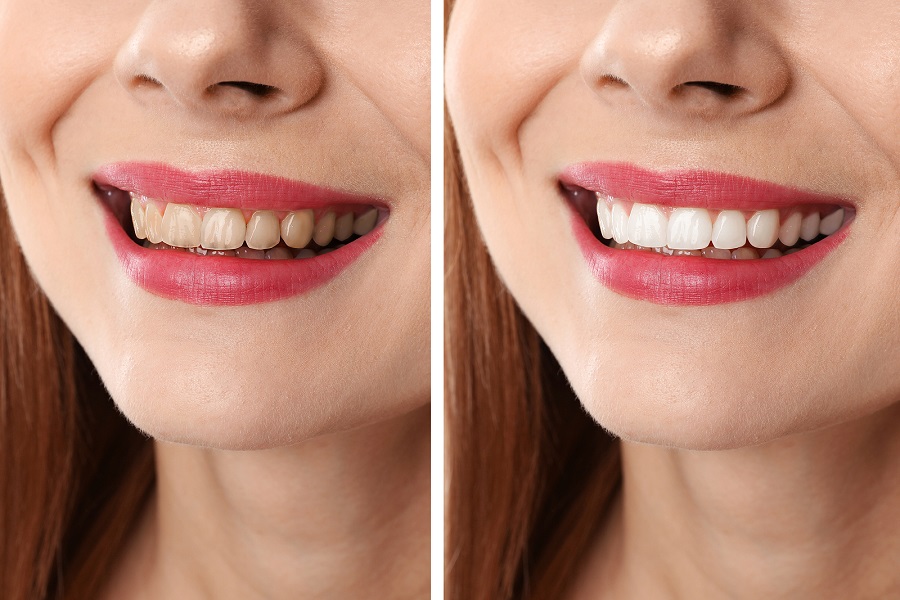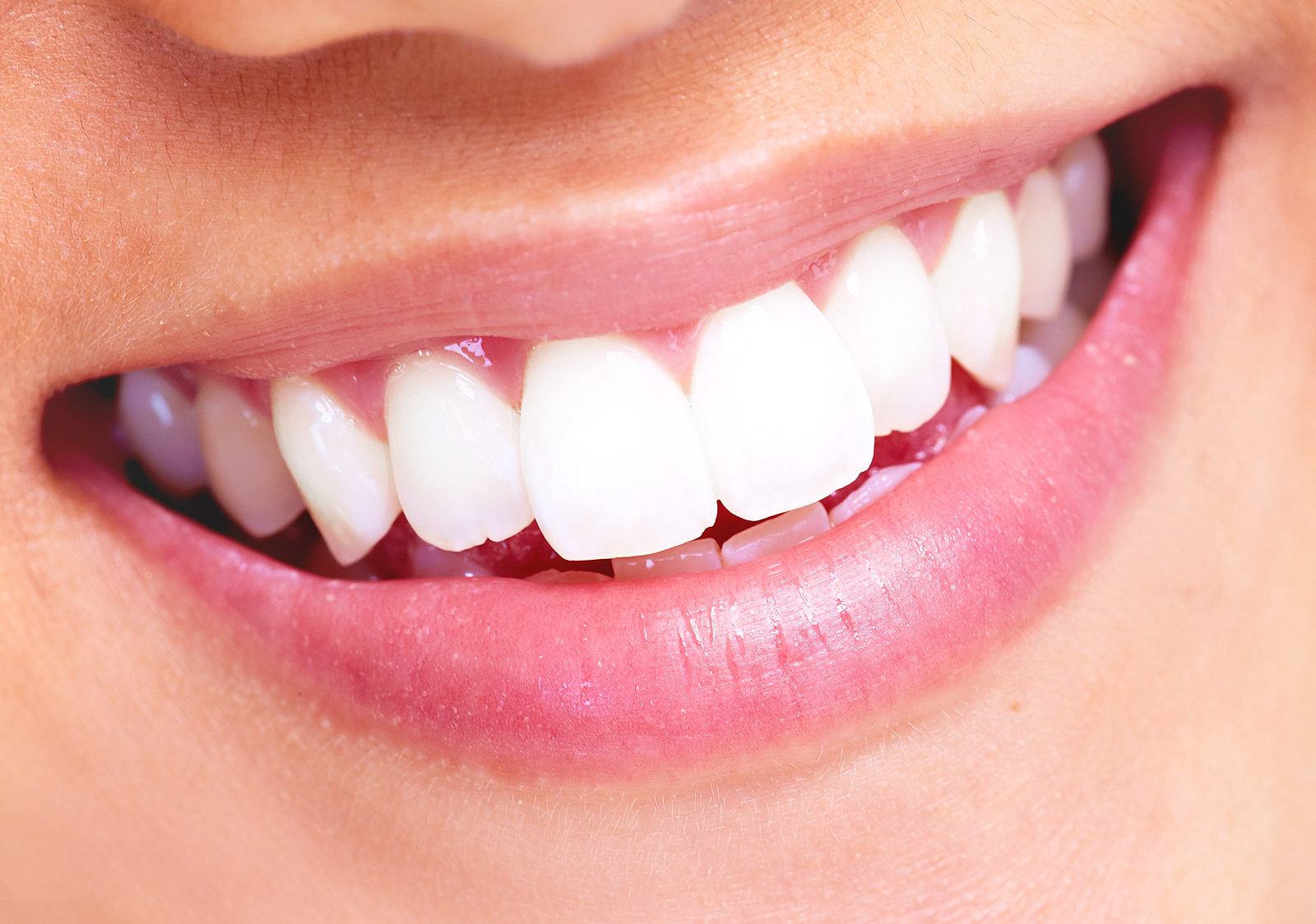WHAT TO KNOW ABOUT A DEAD TOOTH
Most of us know that healthy oral habits are not only good for our teeth, but also for our overall bodily health. However, some conditions can still occur, and it’s important to know the warning signs. For some people, a dead tooth is hard to self-diagnose, making their regular dental checkups that much more essential. A dead tooth can be caused by a variety of things and requires an expert diagnosis. Here is what the experts at Biltmore Commons Dental Care want you to know about that dead or dying tooth.
Things we need to know about a dead tooth
THE CAUSES
Trauma or decay can cause tooth death. Trauma to a tooth results from sports injuries or hard falls. Any injury to the face can cut off blood supply to a tooth, in which case your dentist will determine the tooth non-viable. Leaving a cavity untreated can also cause your tooth to die. Bacteria from the untreated area can make its way into the pulp, destroying the innermost portion of the tooth and causing a build up of pressure. This build up will eventually cut off the blood supply, rendering your tooth dead.
THE SIGNS
While the appearance of your tooth can change with its death, it’s essential to understand that discoloration may not always be the case, nor the sign, of a dying tooth. Other symptoms of a dead tooth include:
- Swelling.
- A bad taste or smell.
- Pain that can range from mild to excruciating.
Remember: Any pain or discomfort with your teeth warrants a trip to the dentist.
PREVENTION
As life can be unpredictable, preventing a dead tooth isn’t always possible. But, you should still focus on the things you can control, such as proper brushing and flossing habits, regular visits to your dentist, and wearing mouth guards if you play contact sports. While there’s no guarantee that you’ll be able to prevent a tooth from dying, these preventative measures can help decrease the chances of it happening.
SOLUTIONS
When it comes to removing your dead or dying teeth, there are two solutions: Extraction or a root canal. Depending on which tooth it is, your dentist will be able to determine the best course of action. During an extraction, your dentist will remove the tooth, root and all. You’ll be put under a local anesthetic and should expect a sore mouth following the procedure. You’ll also have some bleeding and mild discomfort, so be prepared with an ice pack and pain medications at home.
A root canal is the preferred method of treatment for a dead tooth, since it allows your dentist to clear the infection and save the tooth. After thoroughly cleaning the inside of the tooth and the root, your tooth will be sealed off to protect it from further infection and decay.
SCHEDULE YOUR NEXT APPOINTMENT
When you need a knowledgeable team of dental experts on your side, turn to Biltmore Commons Dental Care in Pheonix, AZ. We offer a wide range of dental procedures and treatments, including root canals, cosmetic dentistry, dentures, and regular dental cleanings. To schedule your appointment, contact us at (602) 249-2227.






















0 comments